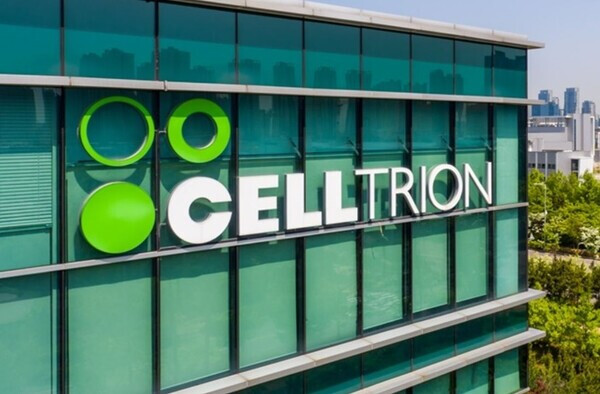
Seoul, South Korea – Korean pharmaceutical and biotech companies are fiercely competing to expand their production facilities to strengthen their global competitiveness. This surge in investment is driven by the growing demand for Contract Development and Manufacturing Organization (CDMO) services and the increasing need for advanced biopharmaceutical manufacturing capabilities.
Key Highlights:
Celltrion:Celltrion, which recently entered the CDMO business, plans to invest 2 to 3 trillion KRW to build a 300,000L CDMO plant in South Korea.
Chairman Seo Jung-jin aims to establish Celltrion as a world-class CDMO company, rivaling Lonza, with a target revenue of 3 trillion KRW from CDMO alone by 2031.
Samsung Biologics:Samsung Biologics will invest 7.5 trillion KRW to build its second Bio Campus (Plants 5-8) with a 720,000L capacity by 2032.
The company is also preparing to secure land for its third Bio Campus and is reviewing its options after a recent bid for land in Songdo Incheon Free Economic Zone was unsuccessful.
Samsung Biologics CEO John Rim emphasized the efficiency of expanding facilities in Songdo.
SK Pharmteco:SK Pharmteco is investing 310 billion KRW to expand its plant in Sejong City, which will be the first in Korea to produce peptides for obesity treatments, with operations expected to begin in late 2026.
CHA Biotech:CHA Biotech is set to complete the world's largest single-area Cell and Gene Therapy (CGT) CDMO plant (66,115㎡) in Pangyo Techno Valley 2 by the end of this year.
Other Companies:Smaller CDMO companies like Binex are also planning to expand their Osong plant.
Bioplus is investing 87.9 billion KRW in Eumseong, and Peptron is investing 65 billion KRW in Osong to expand their respective facilities.
Analysis:
This wave of investment reflects the Korean pharmaceutical and biotech industry's strategic focus on:
Meeting the increasing global demand for CDMO services: The CDMO market is experiencing rapid growth, and Korean companies are positioning themselves to capture a significant share.
Enhancing biopharmaceutical manufacturing capabilities: Investments in state-of-the-art facilities will enable companies to produce advanced therapies, such as cell and gene therapies, and meet the growing demand for these treatments.
Securing long-term growth: By expanding their production capacity, Korean companies are laying the foundation for sustainable growth in the global pharmaceutical and biotech market.
Securing stability in supply chains: Due to recent global events, many regions are trying to bring manufacturing of critical goods back to there country. South Korea is trying to make sure they can produce needed pharmaceuticals and medical products.
Future Outlook:
The expansion of production facilities by Korean pharmaceutical and biotech companies is expected to:
Boost the industry's competitiveness in the global market.
Attract further investment in the sector.
Create new jobs and stimulate economic growth.
Help South Korea to become a pharmaceutical hub.
This trend underscores the Korean government's commitment to fostering the growth of the pharmaceutical and biotech industry as a key driver of the country's future economic development.
[Copyright (c) Global Economic Times. All Rights Reserved.]






























